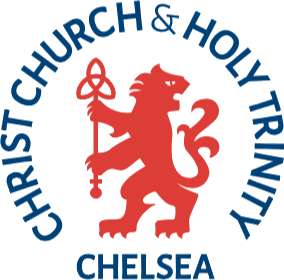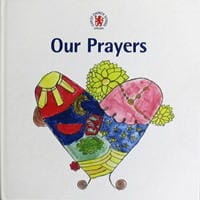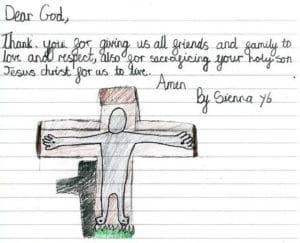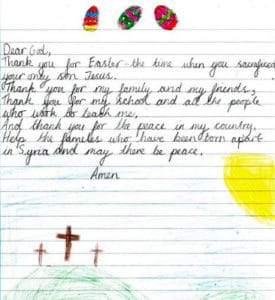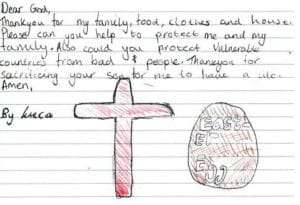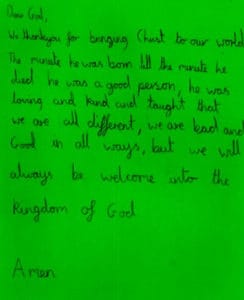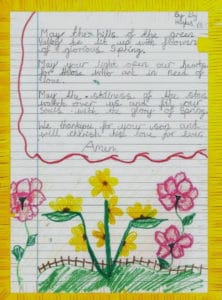As voluntary aided Church of England schools we are duly inspected under Section 48 of the Education Act 2005. The Statutory Inspection of Anglican, Methodist and ecumenical Schools provides a process for evaluating the extent to which church schools are “distinctively and recognisably Christian institutions”.
SIAMS inspection focuses on the impact of the Church school’s Christian vision on pupils and adults. This involves looking at the school’s Christian vision, the provision the school makes because of this vision and how effective this provision is in enabling all pupils to flourish. Church schools will employ a variety of strategies and styles appropriate to, and reflective of, their particular context in order to be distinctively and effectively Christian in their character and ethos. SIAMS inspectors therefore do not look for a set template of what a Church school should be like, but rather take the particular context of the school into account and base their evaluation on the outcomes rather than the process.
The Evaluation Schedule has one inspection question: how effective is the school’s distinctive Christian vision, established and promoted by leadership at all levels, in enabling pupils and adults to flourish?
This is explored through seven strands:
- Vision and Leadership
- Wisdom, Knowledge and Skills
- Character Development: Hope, Aspiration and Courageous Advocacy
- Community and Living Well Together
- Dignity and Respect
- The impact of collective worship
- The effectiveness of religious education
Both schools have been judged as Outstanding.
Comments from parents made during the inspection about the schools:
“The focus is on the children’s wellbeing and making every child feel important and included.”
“The incredible staff and the outstanding support given on all levels.”
“Both my children have a good understanding of Christian principle.”
“Nurturing environment and a respect for all types of faith ….an extension of one’s family.”
“The children are exposed to different religions, ethnicity and disability on a daily basis, which breeds acceptance and tolerance.”
“The children are encouraged to develop academically, but also to be kind and understanding of themselves and each other.”
“The children are definitely valued at school, and the school has strong Christian values.”
“The Clergy are a huge part of the school and much loved by the children.”
“The school follows the Christian ethos with interesting weekly clergy assemblies and fantastic assemblies at Christmas, Ash Wednesday, Ascension Day and Easter Passion services. This helps with the understanding of Christian values.”
“The strong Christian values ensure that my child is safe in his daily environment to be exactly as he is with respect for others and their individuality.”
“The sense of community emanates from every aspect of the school. The strong Christian values underpinning all activities, provides an excellent moral framework within which the pupils thrive.”
Church of England Link




